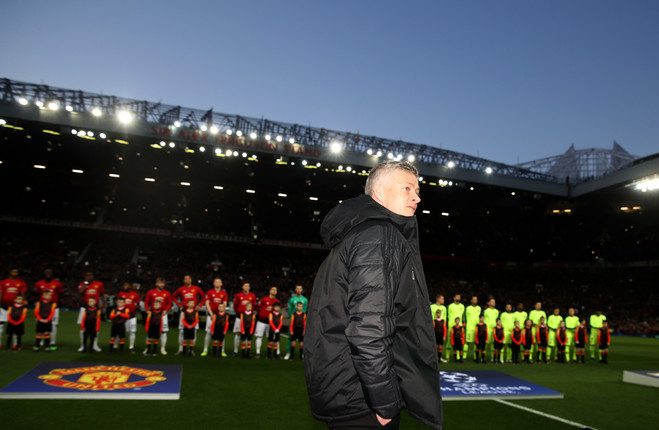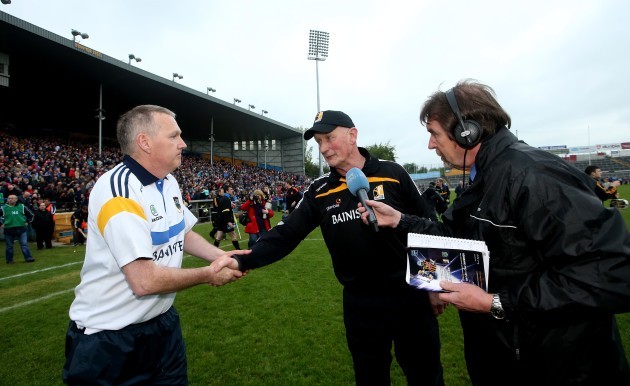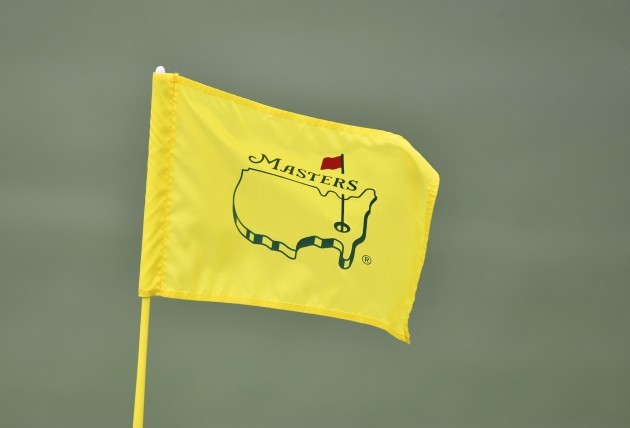1. Solskjær, at some point, will have to go through a similar process, made all the harder by the fact the symbolic father he has to knife tends to sit a few rows behind him at games, while the stand he faces from the bench is named after him.
Invoking “the Boss” at every turn was an effective tool to signal his difference from the previous regime and to highlight a return to the United Way but just as McTominay had to be more than just not-Pogba, so Solskjær has to be more than just not-Mourinho. And as, say, Dynamo Kyiv have found, a club cannot go through life living forever in the shadow of a previous manager.
A Champions League loss to Barcelona was no disgrace but Jonathan Wilson in The Guardian felt it did raise questions about manager Ole Gunnar Solskjær and Paul Pogba
2. The questions started while Juventus were still celebrating. Marc Overmars missed the final through injury but he was sat in the dug-out, and after the penalties he raised his suspicions to Ronald de Boer.
“Marc Overmars told me very quickly that he felt there was not something right,” De Boer told The Independent. “He saw an opponent who did not look normal out of his eyes. He felt like he was taking something.”
23 years on, regret lingers for Ajax players on the circumstances from the Champions League triumph for Juventus in 1996. Jack Pitt-Brooke tells the tale for The Independent.
3. Pat was interested in sports of all kinds. He was capable of holding a conversation on any code, having built up a massive bank of expertise across the years, in covering so many Cork teams.
The quiet before Cork City games, at Turner’s Cross, or big matches, at Páirc Uí Chaoimh or Páirc Uí Rinn, was the best time to catch up with Pat.
He would have read all of the relevant material in the lead-up and would have gleaned a statistic or two that nobody else would have thought of, while also regaling the latest strange occurrence he had witnessed: “I’ll tell you a good one now. I was doing the line up in Mary’s Park on Sunday morning and you won’t believe what happened..”
Denis Hurley captured the life and times of RTÉ’s popular sports reporter Pat McAuliffe for the Evening Echo.
4. Every tower block and spare wall is adorned with Hajduk’s badge. Outside my apartment, the iconic image of a man wearing a bandana and sunglasses is daubed on the wall, paying homage to a Torcida leader from the 1980s who inspires today.
Most of the ultras have a story of being beaten by rival fans. Some have scars that act as permanent reminders of their devotion.
“Hajduk is love,” says former manager Damir Buric. “Before anything else, it’s love. It’s something that you are born with. Every person in this city has something deep inside of them. A Hajduk DNA. This isn’t something that money can buy.”
Daniel Storey went to Split to write for the BBC about the experience of Croatia’s ‘Eternal derby’ as Hajduk Split took on Dinamo Zagreb.
5. There’s a tradition in Watford that the supporters jump in The Pond at the top of town when the football team has achieved something special. That night, Simon was the only one of our group who honoured the tradition. Of course he was.
He slept on my sofa that night, before going to work in the same jeans, and leaving a reedy, metallic whiff of pond that lasted longer than Watford’s stay in the Premier League that time round.
Lionel Birnie on the personal significance of last Sunday’s extraordinary FA Cup semi-final win for Watford.
6. Wanyama fought for Uganda at the Seoul Olympics, turned professional in Belgium and travelled the world fighting some of the finest boxers of his generation in the Nineties. He also met the usual crooks, chancers and liars on the road and fell victim to the usual curses like any vulnerable fighter.
He beat champions, lost to champions and was a decent man: married with three kids, polite, respectful and too nice for the sharp end of the sport. Late last month poor Franco died on his own in Rugby.
He was just 51. He had a heart attack one afternoon in his tiny room at a sheltered housing facility. The boxer was a long, long way from his Ugandan home, but just a few miles from his old family home in the Warwickshire market town.
Steve Bunce writes for The Independent on the life & death of Franco Wanyama.
7. He didn’t know that he was about to see his bank account drained of about $20,000, that his mugshot would end up plastered on ESPN and on national websites, that his reputation would be so ravaged he wouldn’t want to step foot out of his house in Oklahoma for weeks.
He didn’t know that this terrible mistake — this one transgression he didn’t think anyone had noticed — would nearly wreck his life.
His crime that day: He tried to steal some sand.
The spotlight is on The Masters in Augusta this week and Steve Politi recalls the harrowing tale of Augusta National’s sand thief.
8. He may be four years retired, but Tom Williams still looks as if he could take a Premiership match in his stride. If anything, he is more lithe than in his playing days, when he amassed 215 caps for Harlequins, and he carries himself with the fizzing energy of a rookie wing preparing for his first start.
Yet it only takes the mention of one word, ‘Bloodgate’, for the façade to slip. Then Williams – one of the central protagonists in arguably English club rugby’s greatest scandal – is talking as if he has lived far longer than his 35 years.
A decade on from Bloodgate, Tom Williams sat down with Kate Rowan for the Telegraph.
9. The choice facing Ms. Osaka comes as Japan is under pressure to loosen its entrenched insularity. Japan has long prized racial purity, seeing a largely homogeneous population as crucial to social cohesion. But with the country’s population declining and employers increasingly desperate for workers, its legislature passed a law in December to admit more guest workers, starting this month.
Ms. Osaka’s case, along with the new influx of foreigners, could exert new pressure on the government to begin to bring Japanese citizenship laws in line with those in the roughly three-quarters of countries, including the United States, that allow dual citizenship.
Naomi Osaka has both Japanese and American citizenship. Under Japanese law she who must decide between the two nationalities before she turns 22. Motoko Rich explores the topic in The New York Times.
Subscribe to our new podcast, The42 Rugby Weekly, here:


